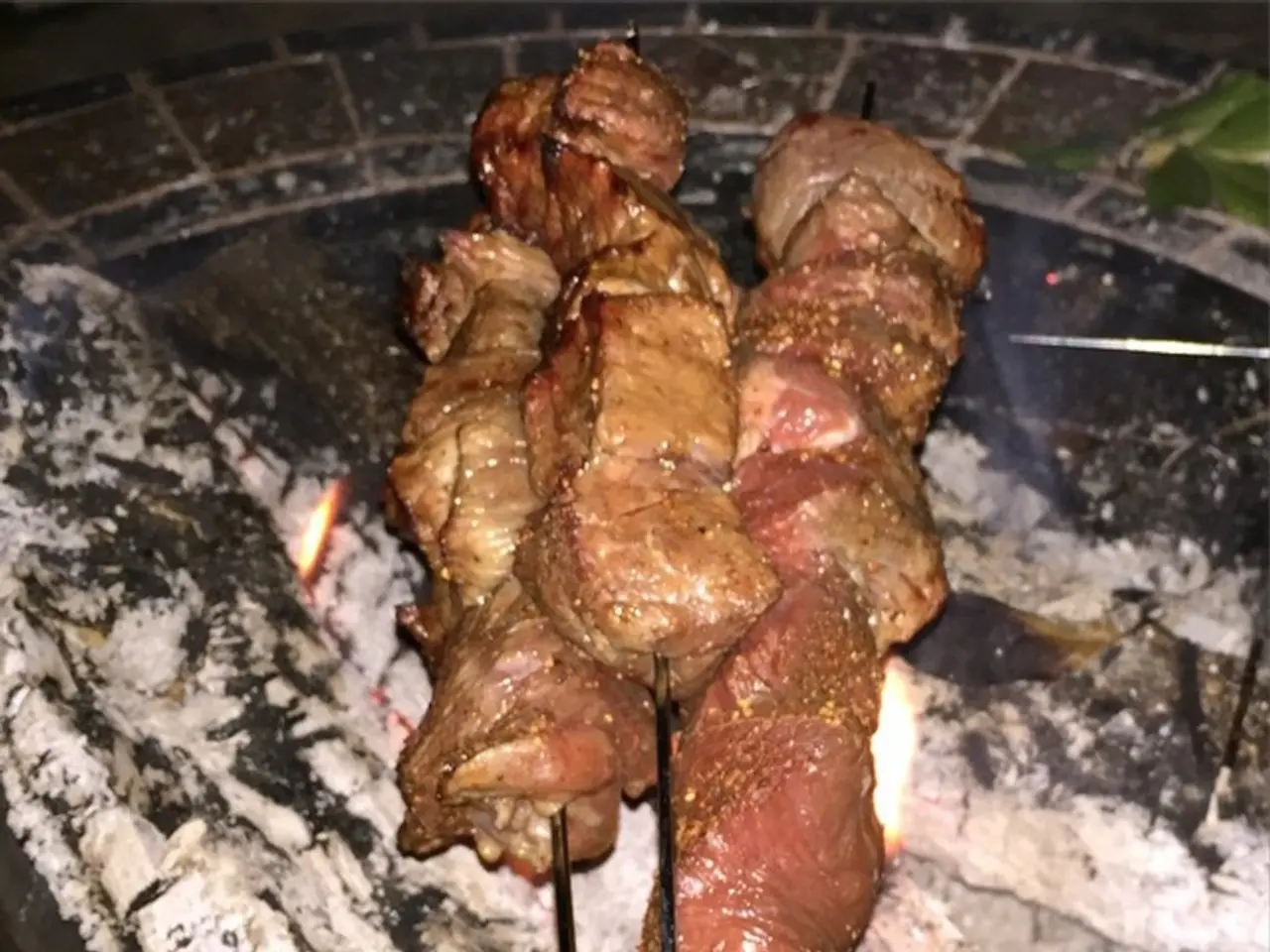Avoid these 20 foods to reduce indigestion issues:
Indigestion and related conditions like acid reflux can be uncomfortable and unpleasant. Here's a list of common foods that might trigger or worsen these issues, along with some tips for better digestion.
Pastries and baked goods made from refined flour, sugar, and butter can cause bloating and increase acid production, leading to discomfort, and can also spike blood sugar levels, contributing to feelings of fullness and indigestion.
Legumes such as beans, lentils, and chickpeas are high in fiber and protein but can cause gas and bloating due to their difficult-to-break-down carbohydrates.
Red meat, including beef and pork, is high in fat and protein, making it harder for the stomach to digest, leading to bloating and discomfort, and can also increase the production of bile acids, which may aggravate acid reflux.
Citrus fruits like oranges, lemons, and grapefruits have a high acidity that can irritate the esophagus and stomach lining, causing or worsening heartburn and indigestion symptoms.
Fried and fatty foods like fried chicken, pizza, and fatty meats slow digestion and relax the lower esophageal sphincter (LES), allowing stomach acid to escape into the esophagus, which causes reflux and indigestion.
Tomato-based products such as tomato sauce and ketchup have a high acidity and can contribute to reflux and indigestion by relaxing the LES.
Spicy foods containing capsaicin irritate the esophagus lining and exacerbate acid reflux and indigestion.
Chocolate contains caffeine and fat, both of which can relax the LES and increase stomach acid production, triggering reflux and indigestion.
Caffeinated beverages like coffee and tea increase acid production and relax the LES, worsening symptoms.
Alcohol increases stomach acid production and LES relaxation, aggravating symptoms.
Carbonated drinks produce gas and pressure in the stomach, pushing acid upwards and worsening reflux and indigestion.
Onions and garlic, especially raw, can relax the LES and cause gas and bloating, increasing stomach pressure and reflux risk.
Mint (peppermint, spearmint) can relax the LES, increasing acid reflux risk though it might feel soothing for some.
Certain gas-producing foods like beans, cauliflower, sweet potatoes, bananas, and eggs contain fiber, starches, or sulfur compounds that ferment in the gut, causing gas and bloating, which can worsen indigestion discomfort.
Fast food items like burgers, fries, and pizza are high in fat, salt, and artificial additives, making them hard on the digestive system, and can slow digestion, leading to indigestion, bloating, and discomfort.
Whole grains like bran, which are high in fiber, can be challenging to digest for some people, leading to gas and bloating due to their fermentation in the intestines.
However, not all is bad news. Drinking water helps move food through the digestive tract and can ease symptoms of indigestion, but drinking too much water during meals can dilute stomach acid and hinder digestion.
Avoiding or limiting these foods can help reduce symptoms of indigestion such as heartburn, bloating, and discomfort. It's essential to remember that everyone's digestive system is unique, and what works for one person might not work for another. If you're experiencing persistent or severe indigestion, it's always best to consult a healthcare professional.







